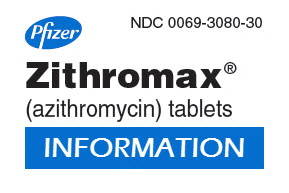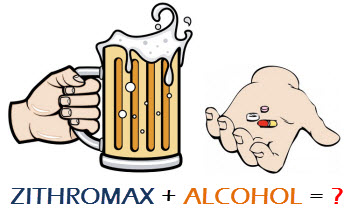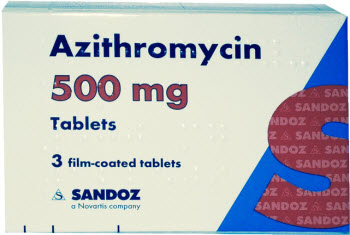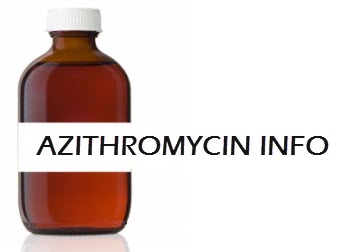
Antibiotics at Angina for Adults
Article content:
Angina is an infectious disease caused by the two most powerful microorganisms - staphylococcus and streptococcus. And this disease is contagious.
The severity of the disease depends on the severity of the tonsils. The pain in the throat is always sharp, accompanied by a rise in temperature to high values. There are symptoms of intoxication, an increase in the size of the tonsils, pain when swallowing, purulent appearance of plaque in the throat, pain and swelling of the cervical lymph nodes.
 Doctors have a term - angina pectoris - acute tonsillitis, it usually occurs when the disease affects the tonsils like: lacunar tonsillitis - a film-like yellowish covering covering the entire surface, which is located in gaps or tonsillitis. There are tonsils, knots - white / yellow, small, translucent through mucous membranes.
Doctors have a term - angina pectoris - acute tonsillitis, it usually occurs when the disease affects the tonsils like: lacunar tonsillitis - a film-like yellowish covering covering the entire surface, which is located in gaps or tonsillitis. There are tonsils, knots - white / yellow, small, translucent through mucous membranes.
Viral tonsillitis
The most common cause of inflammation and swelling of the throat is a viral infection of the flu, atypical pneumonia (different). In this case angina Paulsen, affecting SARS, leads to a corroborative cocca flora that secretes purulent formations.
In addition to viral pain in the throat, there can also occur herpes, enterovirus, adenovirus (see Treatment of enterovirus infection).
Bacterial tonsillitis
According to statistics, bacterial sore throat is caused by the following bacteria: 10 percent - due to streptococci, 10 percent - only aureus, 80 percent - due to hemolytic streptococci. The least affected are the infections of the throat, such as gonorrhea (in women) and chlamydia.
Therefore, before prescribing antibiotics for sore throats in adults, the doctor must determine what caused the inflammation. Pain in the throat in children, especially in young, weak and often sick, is accompanied by a purulent process, which manifests itself in the form of follicular tonsillitis, lacunar tonsillitis.
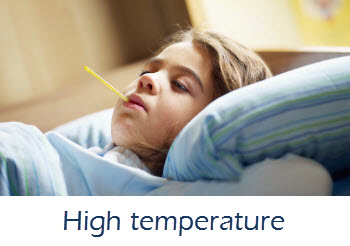 With a positive strep test, and if the following symptoms of the patient, the doctor should immediately prescribe antibiotics: Antibiotics for sore throat in adults. Lack of common cold and cough high temperature (over 38C). Painful and enlarged cervical lymph nodes absence of a rash on the body (except for scarlet fever). Visible plaque on glands, tonsils very red and sore throat. This increased fungal angina is caused by the yeast, when the background of long-term treatment with antibiotics and other factors provoking a reduction in local immunity in the oral cavity. It differs in that the symptoms are weak, the body temperature is not high toxicity.
With a positive strep test, and if the following symptoms of the patient, the doctor should immediately prescribe antibiotics: Antibiotics for sore throat in adults. Lack of common cold and cough high temperature (over 38C). Painful and enlarged cervical lymph nodes absence of a rash on the body (except for scarlet fever). Visible plaque on glands, tonsils very red and sore throat. This increased fungal angina is caused by the yeast, when the background of long-term treatment with antibiotics and other factors provoking a reduction in local immunity in the oral cavity. It differs in that the symptoms are weak, the body temperature is not high toxicity.
Infusional discharges resembling cottage cheese, produced in the throat, they can be easily removed, thereby exposing diseased tissue. When fungal angina is detected, the doctor prescribes antifungal agents.
Specific of Angina
Under certain infectious and viral diseases, angina often occurs secondary, when the background of diseased organs and systems in the throat occur anginal changes.
Angina accompanied by the following diseases: angina of scarlet fever in syphilis, Angina with tularemia in leukemia, Angina with agranulocytosis in infectious mononucleosis.
How to use antibiotics for Sore throat?
Everyone knows that antibiotics are harmful to the body, especially uncontrolled use. Separate use of any drugs is unacceptable, especially as antibacterial drugs. According to some studies more than 50 percent of patients stop taking antibiotics for a sore throat as soon as there was a relief of symptoms, and only 20 percent are strictly follow the doctor's recommendations until they are cured.
At the same time, when inflammation in the oral cavity is difficult, antibiotics can not be avoided. What antibiotics to take with angina, how to use them correctly - should be determined only by the doctor, based on the severity of the disease, dosage and treatment time, calculated on the weight and age of the sick child or adult.
The choice of antibiotic for sore throat in adults depends on the bacteria that causes sore throat, on the presence of allergies in a patient to certain drugs. The duration of administration of the antibiotic is usually 5 to 10 days (10 days penicillins, macrolides 5 days).
What is the best antibiotic for Sore throat?
In the absence of allergy to penicillin antibiotics is best to use them, they bring the least harm to the body, and are effective in streptococcal infection, so the best antibiotics for sore throat: first-line antibiotics - Penicillin, Amoxicillin, Flemoxin solutab, Amosin.
With the resistance of bacteria to amoxicillin, it is most effective to take amoxicillin together with clavulanic acid - Amoxil, Augmentin.
When the patient has a sore throat that is resistant to a certain drug, and no noticeable improvement (the temperature decreases, the heart beat does not change, the general condition does not improve) within 72 hours, then the antibiotic should be replaced with another one.
And in the case where there is an allergic reaction may use other broad-spectrum antibiotics. If antibiotics are not used, the disease is threatened by complications such as otitis media, sinusitis, glomerulonephritis, rheumatic fever, encephalitis, myocarditis, pancarditis, pericarditis, acute pyelonephritis, hemorrhagic vasculitis, and so on. Antibiotics for sore throats in adults quickly make it easier for this unpleasant disease.
At very high temperatures, it is necessary to use pain killers, antipyretic agents, pain relievers for swallowing, headache, and reduction of weakness in the body. Such medicines can be: ibuprofen, panadol, paracetamol. In addition, it is well known that if the temperature with angina is 38.5 degrees, then in this case it is difficult to get bogged down, because with increasing temperature in the body, antibodies to bacteria and viruses that cause the disease are actively produced.
Therefore, if you can tolerate such a high temperature, then it is undesirable to lower it. With the appointment of an antibiotic, active against bacteria, causing inflammation, a decrease in temperature and improvement occurs after 2-3 days.
